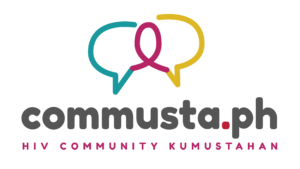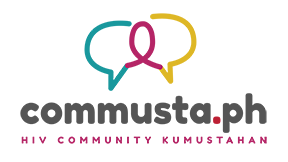About CLMS
Community-Led Monitoring System (CLM) was born out of the need for a more rights-based approach to HIV & AIDS service delivery experiences and improvements. It aims to serve as a structure and mechanism for documenting evidence, experiences, and trends related to service delivery, stigma & discrimination, policies, and investments.


More About Us
“commusta.ph is a CLM platform led and implemented by Civil Society Organizations (CSO), Community-Led Organizations (CLO), and Community-Based Organizations (CBO) of People Living with HIV (PLHIV), People affected by Tuberculosis, and other Key Populations (KPs) working on HIV & AIDS, TB, LGBTQIA rights, and other key population issues, including sexual and reproductive health.”

Our Objective And Mission
The Community-Led Monitoring System (CLMS) was born out of the need for a more rights-based approach to HIV, AIDS, and tuberculosis service delivery experiences and improvements.
It aims to serve as a structure and mechanism for documenting evidence, experiences, and trends related to its four pillars; for improving community capacities to generate and use data for advocacy; and for triggering the co-creation of solutions by the different rights holders and duty bearers of the multisectoral HIV and TB response.
It envisions an integrated system where HIV, AIDS, and TB programs, data, and community-generated insights are embedded within the national Monitoring and Evaluation (M&E) framework to drive sustained, inclusive, and evidence-based health responses.
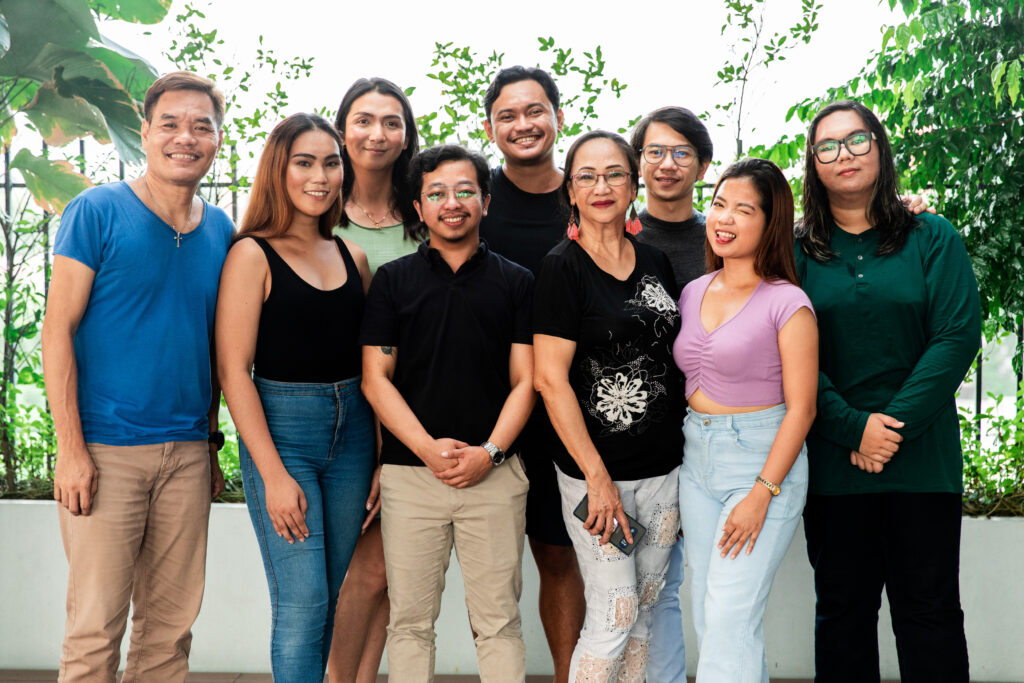
The CLM Process
The CLM process empowers communities to identify gaps in HIV and TB services, gather evidence, and advocate for responsive, data-driven improvements in systems for health.
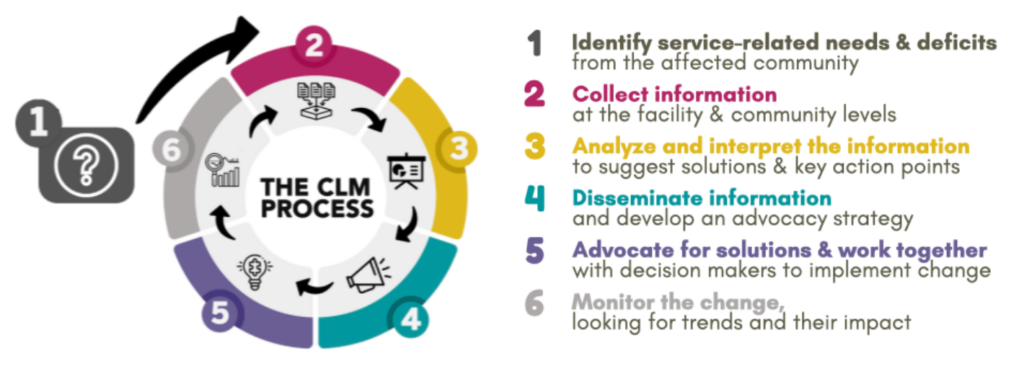
Our Partners
The system is supported by internationally recognized organizations that share our vision.


Action for Health Initiatives (ACHIEVE), Inc. is a non-government organization that works on human rights, gender and other health and development issues affecting migrant workers, people living with and affected by HIV, and people affected by TB.
The Joint United Nations Programme on HIV/AIDS (UNAIDS) is a critical leader in driving a comprehensive global response to HIV/AIDS. It is a unique and innovative partnership of 11 UN agencies that draws on the comparative advantages of each for coordinated and targeted action to address specific challenges of the global HIV/AIDS epidemic
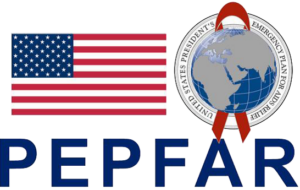
Action for Health Initiatives (ACHIEVE), Inc. is a non-government organization that works on human rights, gender and other health and development issues affecting migrant workers, people living with and affected by HIV, and people affected by TB.

The United States Agency for International Development (USAID) is an independent agency of the U.S. federal government that is primarily responsible for administering civilian foreign aid and development assistance.
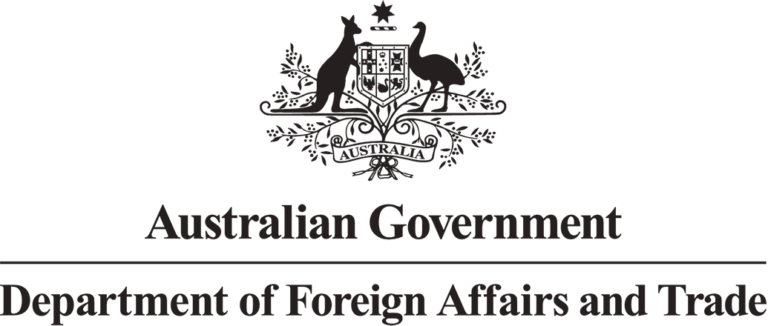
The Department of Foreign Affairs and Trade (DFAT) is the department of the Australian federal government responsible for foreign policy and relations, international aid, consular services and trade and investment.
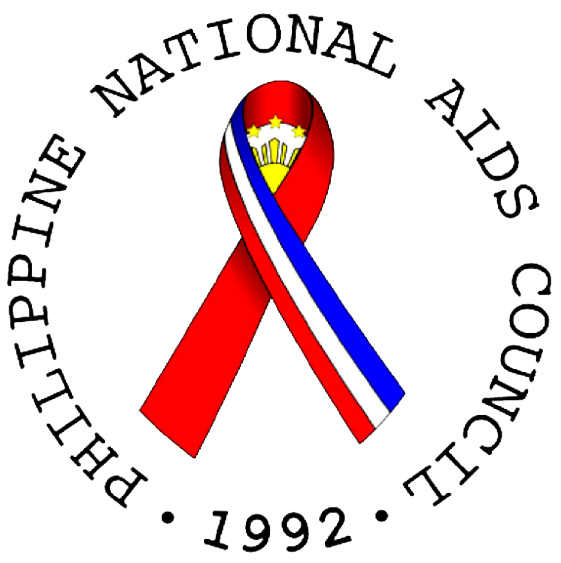
PNAC is the central advisory, planning and policy-making body for the comprehensive and integrated HIV and AIDS prevention and control program in the Philippines. It was reconstituted to ensure the implementation of the PH response to HIV and AIDS situation.
